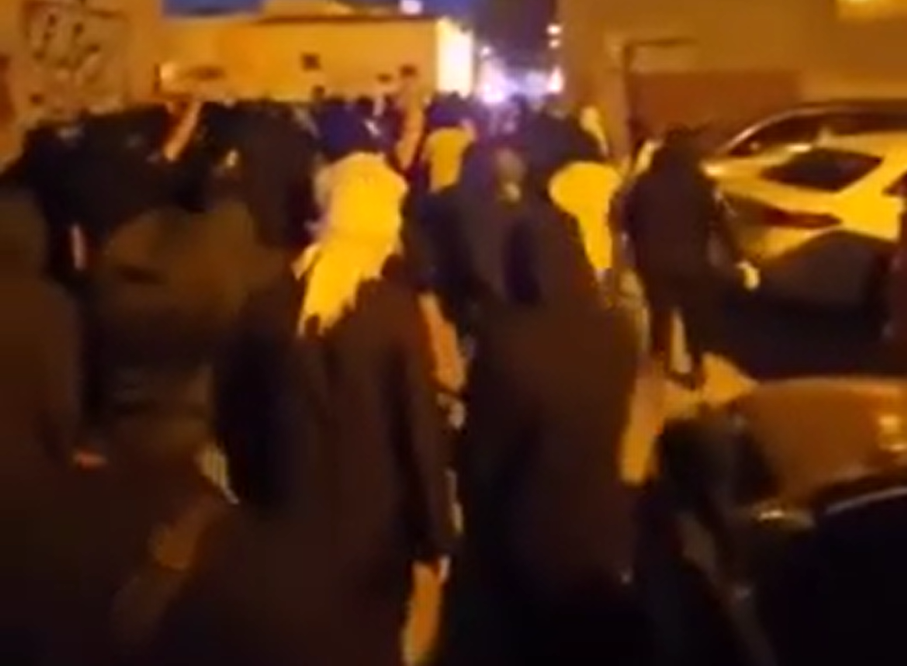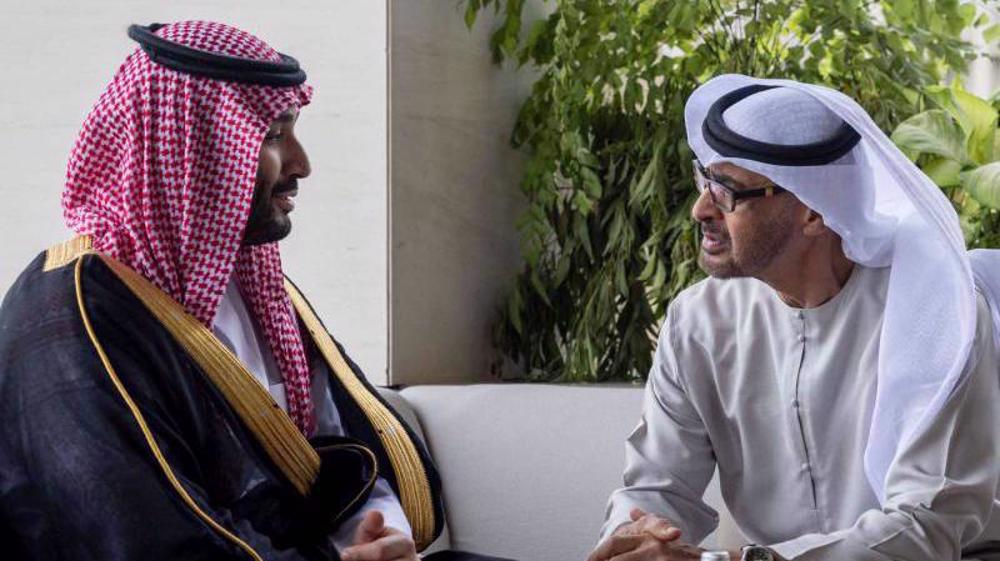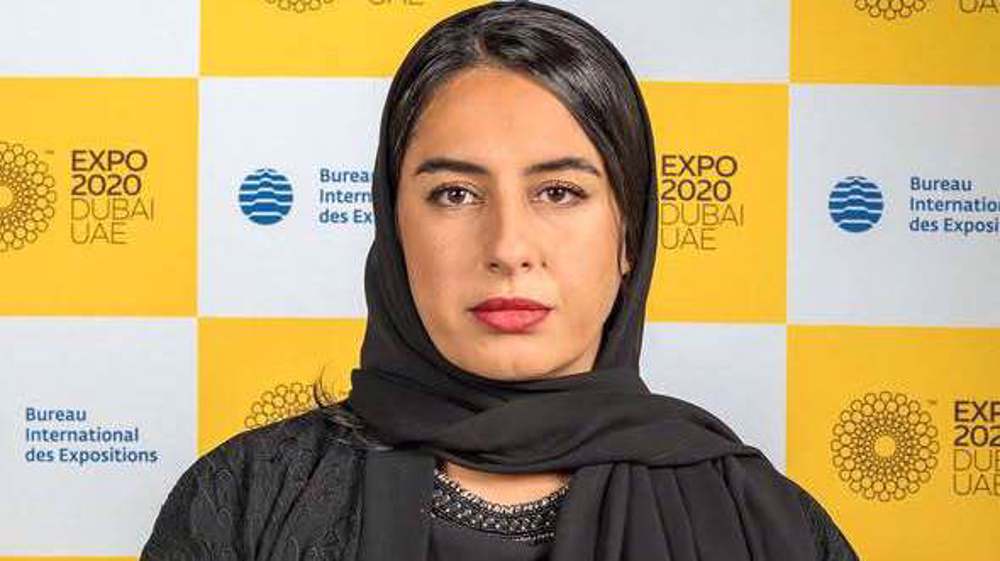UAE, Saudi Arabia spreading extremism in the Balkans: Report
An academic report commissioned by the European Parliament shows that the United Arab Emirates (UAE) and Saudi Arabia are using social exclusion in the Balkans and in southeastern Europe to spread their extremist ideas and to make communities more and more radicalized.
A summary of the report published in late November and submitted to the parliament shows that radicalization of communities in counties such as Bosnia and Herzegovina, Macedonia and Bulgaria, among other countries in the Balkans, had become a thriving trend partly because of state-sponsored investment from countries like Saudi Arabia and the UAE.
The report said the Salafi ideology promoted by the UAE and the Saudis has managed to penetrate into communities that have been “left behind” socially, politically and economically.
“Salafi radicalization typically begins by consolidating a narrative of victimhood, offering a path of redemption and self-help that bolsters an “us versus them” worldview that is not dissimilar to ethno-nationalist rhetoric,” said the report compiled by the Tactics, a major institute working on counterterrorism issues in Europe.
The report said social exclusion felt among communities in the Balkans had paved the way for the spread of extremism through finances offered by several Arab states.
“... there is strong evidence suggesting a direct link between radicalization and social exclusion,” it said, adding, “Building on a broader narrative of government neglect and corruption, radical discourse goes on to question the legitimacy of the state and the rule of law.”
The report also highlighted the role of radicalization backed by the UAE and Saudi Arabia in the recruitment of terrorists in the Balkans for fighting in the Middle East over the past years.
“During the height of the Syrian conflict, Salafi fighters from Western Europe, the Balkans, and the former CIS were recruited to fight in the ranks of Jabhat Al Nusra,” said the report, making a reference to terrorists from Eurasia regions who joined peers from the Balkans to fight along the ranks of one of the most notorious groups in Syria.
The summary concluded that wealthy Arab states such as Saudi Arabia, Bahrain and the UAE have been the key contributors to banks and financial institutions in the Balkans since a major economic crisis hit many parts of Europe in 2008.
It said that those countries used the opportunity created by the crisis to directly invest in political campaigns in the region to train a new generation of terrorists.
Iran knows where Netanyahu convenes his meetings: Ex-IRGC chief
‘Law of jungle’: China says Israeli-US aggression against Iran must stop
Iran says committed to regional security; retaliatory attacks only target Israel, US assets
'Blatant war crime': Iran denounces US-Israel strikes on Gandhi hospital in Tehran
IRGC spox: 650 casualties for US military in two days as Iran missiles force aircraft carrier to fle
Tehran warns of false-flag operations, says Israel ‘undoubtedly’ seeking to widen war
New wave of attacks devastates key US base in Bahrain as Iran strikes back
Melania Trump chairs UN children's meeting as Iran buries kids killed in US-Israeli attack











 This makes it easy to access the Press TV website
This makes it easy to access the Press TV website